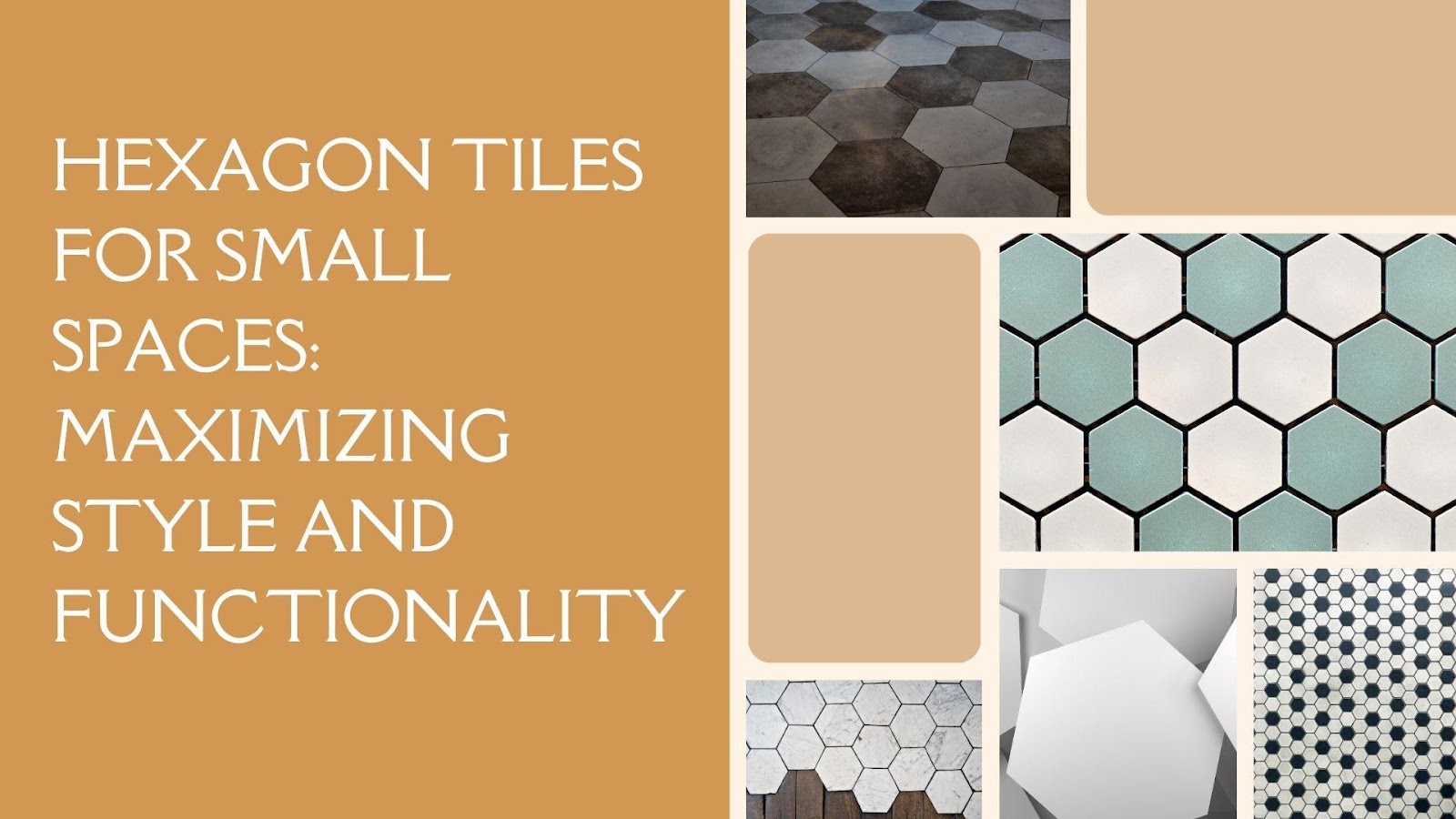The possibility of employing thin-set mortar to adhere ceramic tiles to the interior and exterior surfaces of pools is one concern shared by many pool owners. For better adhesion between the base and tiles, thin-set cement mortar is advised.
Thin-set mortar is not, however, appropriate for use underwater in its natural form. To prevent damage to the pool and cementing bond, waterproofing must be done both before and after the installation of the tiles.
The compound you choose when installing a thinset for your swimming pool is crucial since it will affect the overall performance you receive from it. Modified thinset mortar is one of the product categories you might utilize for this.
You should choose the material to offer a long-lasting performance because the submerged installation needs to be robust.
Table of Contents
Why Do You Need To Choose The Right Thinset For Pool Tile?
When choosing a submerged installation, choosing the right material is important. Since modified thinset mortars are more stable, using them is always smart. There are several choices for dry-set mortars that would be wonderful in a pool.
You must select a mortar with strong performance characteristics that comply with the strictest industry standards. The kind of tiles you are using should also be taken into account. For instance, some mortars are more suited for glass tiles than ceramic, porcelain, or stone tiles.
The tiles will stay in place for a long time with the help of a well-chosen thinset mortar’s powerful adhesive property for various surfaces. A lifetime warranty with a thinset mortar like this can guarantee exceptional performance.
Thinset mortar may also have antibacterial properties that stop mold and mildew from developing on the substrate’s surface. All swimming pools can benefit from their superior shear bond strength.
What Would Be The Best Thinset For Pool Tile?
The best option would be to utilize a customized thinset that is ideal for the type of tile you use. It is important to notice that pool plaster must be applied to the region beneath your tile. Tile grout is a key element of the tile and mosaic work found in many swimming pools and the areas around swimming pools.
Because it is excessively porous, conventional cement-based grout is not a good choice for this installation. Epoxy grout does not require additional sealing and is durable and watertight. Lime, cement and water are the main ingredients in a mortar, a substance used in building to bind bricks and stones.
In some sectors, thinset, often referred to as mortar, is a type of glue. It is frequently used to attach tile or stone on several surfaces, including cement and concrete.
Best Types Of Thinset For Pool Tile
-
Thinset Mortar
Waterproof the base first, followed by applying thin-set mortar for tiling. When applying, the area needs to be entirely dry. The best performance comes from using a dry-set thin-set mortar. The tile is pressed into position once the mortar has been placed over the waterproofed substrate.
The mortar usually requires several days to dry completely. The length of time it takes to add water to the pool will vary depending on the manufacturer. The lengthy curing procedure ensures that water or force won’t cause tiles to fall off.
-
Waterproofing Layers
Installing ceramic tiles into a pool requires waterproofing the pool base in two ways. Under the thin set of cement, the first method entails laying down a protective, waterproof layer. The majority of home supply retailers carry what are known as direct bond waterproofing materials.
A paintbrush is frequently used to apply the waterproof coat. These waterproofing membranes frequently include epoxy resins. The second method applies waterproofing by combining some waterproofing chemicals with thin-set mortar.
The chemicals gradually close the pores as the concrete hardens, resulting in a waterproof connection. The tile’s hold weakens, making tiles slip off more easily.
-
Grout Cement
To fully seal off the water from the thinly set mortar, additional steps are also required. For a watertight surface and sealer, grout sealer must be put between the tiles. For waterproofing, the grout uses a latex cement grout sealer.
This sealer performs effectively while switching between wet and dry conditions and is effective at any temperature. Waterproofing with an epoxy sealant will also work well, but exposure to sunlight will probably cause the grout to get discolored with time. The epoxy seal, however, is also incredibly resilient and flexible.
Conclusion
Contrary to popular belief, grout and ceramic tile cannot be waterproof on their own. Cement-based grout can be penetrated by water, passing through a substrate. To prevent water damage, installing a waterproof membrane as close to the tile as possible, immediately beneath the tile bonding mortar, is essential.
Epoxy grout is waterproof and more resistant to harsh cleaning agents than normal grout because it is constructed of two different resins combined with a filler.





